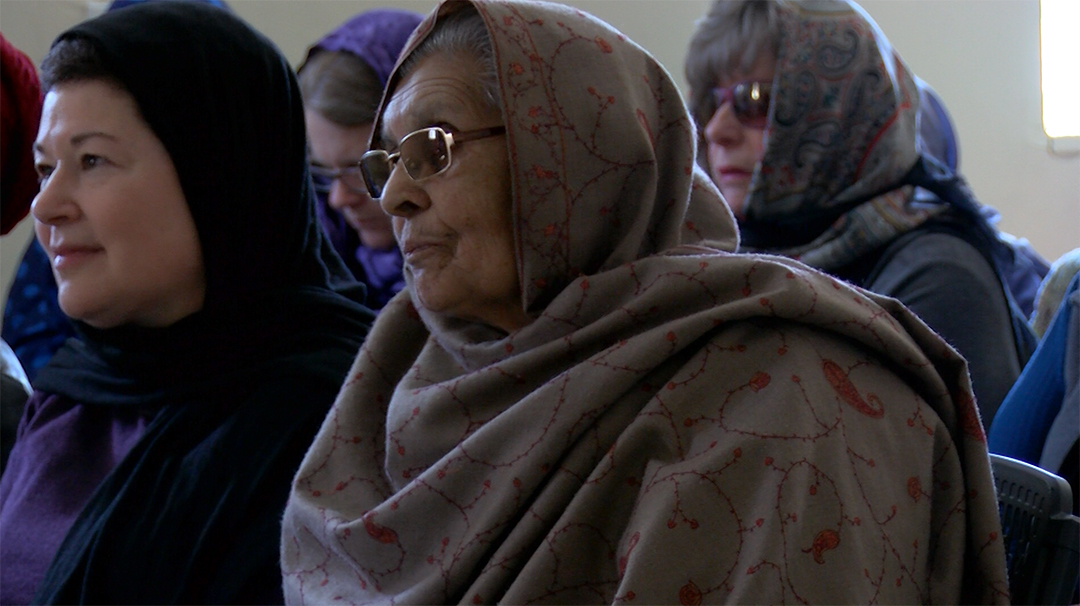A powerful and melodic call of prayer filled the Noor-Ul-Huda mosque in Columbia Friday, signaling the beginning of the evening service. While the words are the same as usual, they seemed to carry an even greater weight as the terrorist attack on two New Zealand mosques remained in the forefront of everyone’s minds.
As Columbia’s Muslim community mourns and remembers the 50 lives lost in the deadly March 15th attack in Christchurch, they recognize the importance of continuing to keep their doors wide open to the community.
“We have to make sure that we are welcoming to our neighbors and as you can see here, we’ve established that in the Columbia area,” Mark Hill said, a board officer for the mosque on Fairfield Road.
Almeera Lateer, president of the Muslim Student Association at USC, agrees with this sentiment, but thinks those outside the Muslim faith need to reach out as well.
“I feel like not only is it our jobs as Muslims to go out into the community and ask, or kind of relay, we are a very peaceful religion, peaceful people,” Lateef said, “but I think also it is a two-way street where people from neighboring communities, different beliefs, and faiths should come up to us and make it a point to get to know what Muslims truly believe and what type of people we are.
With the rise of hate crimes like the New Zealand attack, experts say a strong interfaith and well-informed community is even more important than ever. In the U.S., hate crimes have risen for the third consecutive year. The FBI reported over 7,000 hate crimes in 2017, and 273 of those were anti-Muslim. In South Carolina, hate crimes statistics are low, but the state does not have any hate crime laws in place, leading to limited data.
Adrian Bird, president of Interfaith Partners of South Carolina, thinks while the New Zealand shooting should have our attention, we need to focus on these everyday incidents of hate and prejudice.
“In the everyday range of things, what do we do about the student walking (who is) wearing a hijab and has hot coffee thrown at her… insults thrown at her? How do we challenge the prejudice and the day to day hate that is a part of our reality?,” Bird said.





